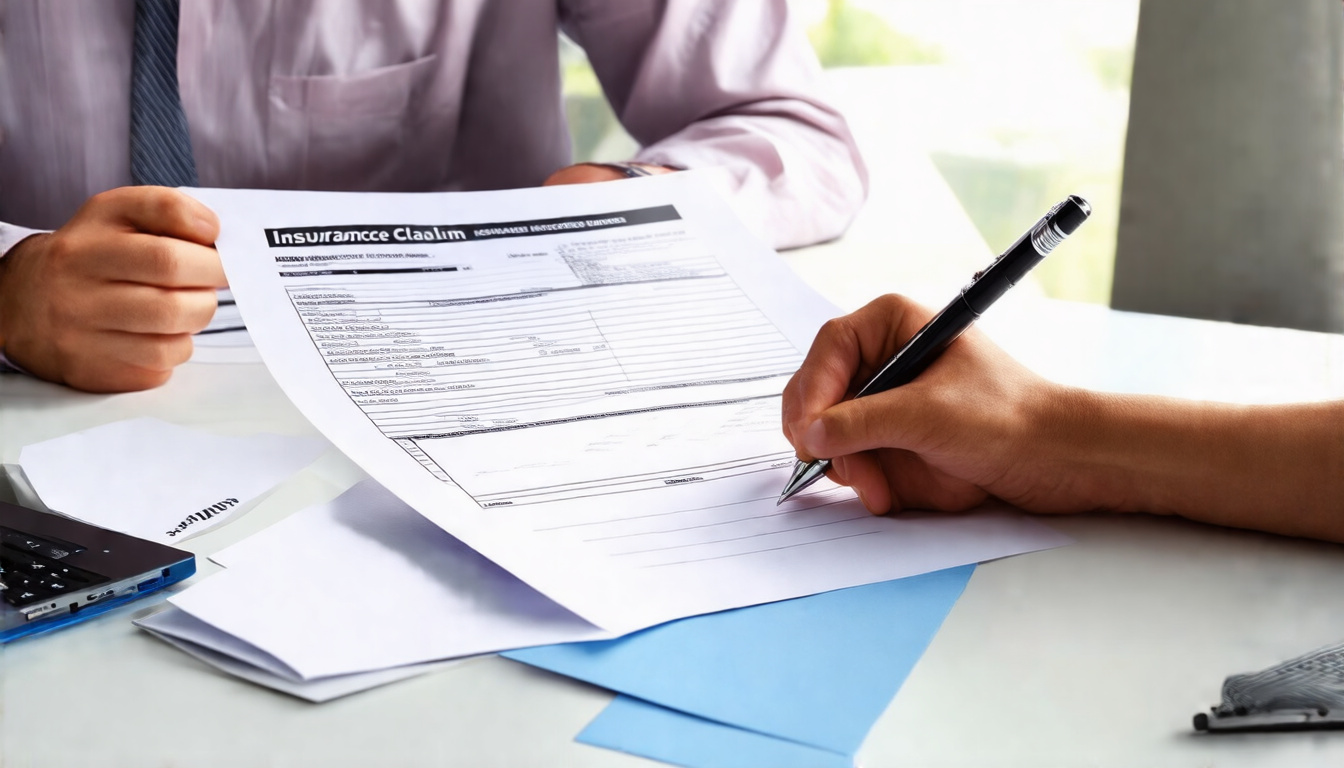When something unexpected occurs, file your liability claim. This step can safeguard your money. Many policyholders do not use their full benefits. This article gives clear tips and plans to help you claim fully. Learn the steps, know what to expect, and get the pay you deserve.
Understanding Liability Insurance Claims
A liability insurance claim is a request. You ask your insurer for help after you are held responsible for someone’s injury or property damage. This claim covers legal fees, medical bills, and other costs when you cause an accident. These may include car crashes, property damage, or personal injuries.
Filing a claim is not just about sending forms. You must record events carefully, describe what happened in clear detail, and talk with your insurer with care. A strong claim may lead to better coverage and lower expenses from your own pocket.
Why Maximizing Your Liability Insurance Claim Matters
Maximizing your claim matters because it helps you:
- Get all the money your policy allows.
- Avoid extra costs from underreported losses.
- Stop long legal troubles from weak coverage.
- Move the claim process along with clear, correct details.
When you know your claim’s value and stand up for your rights, your insurance provider will treat your case with fairness.
Key Steps to Maximize Your Liability Insurance Claim
1. Understand Your Policy Thoroughly
Before you file, read your policy well. Know what events are covered, the limits, exceptions, and any deductibles. This knowledge sets clear expectations and shows which losses you can claim.
2. Document Everything Precisely
Good proof makes a strong claim. Collect evidence like:
- Photos and videos of the damage or scene
- Police or incident reports
- Medical reports and bills
- Written exchanges with others or witnesses
- Receipts for claim-related expenses
Keep your records clear and complete. This reduces disputes and builds trust in your claim.

3. Notify Your Insurance Company Promptly
Most insurers need to know of an incident quickly. Delay may cause denial or lower pay. Tell your insurer as soon as you can. Follow the time limits in your policy.
4. Be Honest and Detailed in Your Communication
Tell your story with clear, truthful detail. Avoid guesses, speculations, or blaming too soon. Honesty helps the insurer check and judge your claim rightly.
5. Negotiate for Fair Settlement
Your first offer might be lower than what you deserve. Know your policy limits and have your evidence ready. Ask for the fair amount. If needed, get help from experts.
Tips to Avoid Common Pitfalls in Liability Insurance Claims
Here are mistakes to avoid when you claim:
- Not reading your policy well: Learn your coverage to avoid low claims.
- Failing to gather solid proof: Weak documents weaken your claim.
- Admitting fault too quickly: Early blame can cut your claim’s worth.
- Missing deadlines: Late claims run the risk of rejection.
- Skipping professional advice: Experts can boost your claim in hard cases.
Situations Where Liability Insurance Claims Are Common
You can file a claim in cases like:
- Car accidents with injuries or property damage
- Slip-and-fall events on your property
- Dog bites or animal misbehaviors
- Damage done to another’s property
- Professional errors or malpractice causing a loss
Each case may need its own careful steps for the best results.
How to Get Professional Help for Your Liability Insurance Claim
If you feel stuck while filing your claim, seek expert advice from:
- Public Adjusters: They judge your claim and negotiate well.
- Insurance Attorneys: They give legal advice and take charge if disputes arise.
- Claims Consultants: They help with records and guide the process.
These experts improve your chance to get full coverage and a fair pay.
Frequently Asked Questions About Liability Insurance Claims
1. How long does it take to process a liability insurance claim?
Claim time depends on complexity, proof available, and insurer steps. Simple claims are closed in weeks. Hard ones can take months.
2. Can I file multiple liability insurance claims on the same policy?
Yes, you can claim for different events. However, too many claims might raise your premium or affect renewal.
3. What is the difference between a liability insurance claim and a property damage claim?
A liability claim is for harm or loss you cause to others. A property damage claim deals with losses to your own stuff. Both are part of your coverage but work in different ways.
Authoritative Insight
The Insurance Information Institute states that clear proof and fast reporting are key to a successful claim (“How to Handle an Insurance Claim”). They show that good preparation and good talk with your insurer change your claim’s outcome.
Conclusion: Take Charge of Your Liability Insurance Claim Today!
Maximizing your liability claim secures the best coverage after an incident. Read your policy well, record all details, report fast, and speak honestly. With smart negotiation, you can boost your claim’s value and the pay you receive. Do not let a complex process stop you. Use this knowledge and consult an expert if needed.
Protect your financial future. Get your facts straight, gather your proof, and contact your insurer soon after an incident. When things get tough, rely on professionals to help you win your claim. Act now to get the full coverage you deserve!
Author: Doyle Weaver, Attorney at Law
Home | Estate Planning | Personal Injury | Hill Country Lawyer | Terms of Service | Privacy Policy
© 2025 Digital Law Firm, P.C.
Disclaimer: The content provided in this blog is for educational and informational purposes only. It is not intended to constitute legal advice or establish an attorney-client relationship. The information presented does not address individual circumstances and should not be relied upon as a substitute for professional legal counsel. Always consult a qualified attorney for advice regarding your specific legal situation. The author and publisher are not liable for any actions taken based on the content of this blog.

Leave a Reply